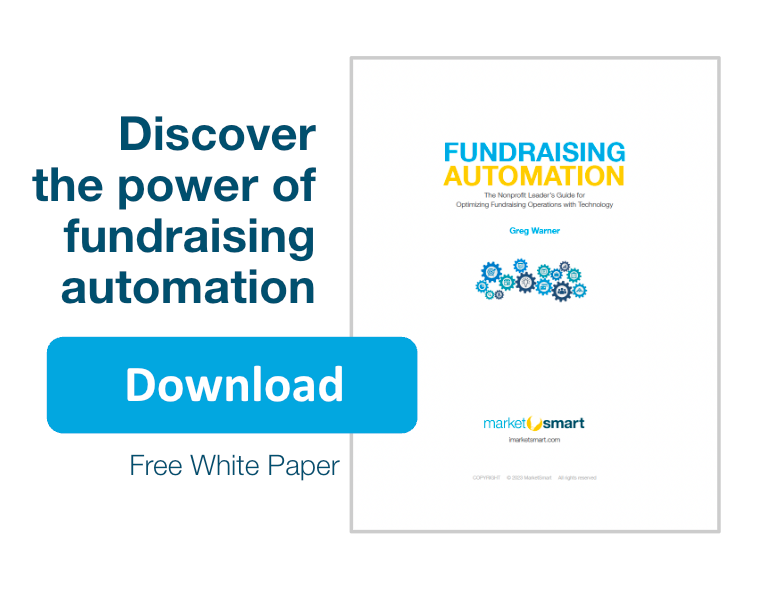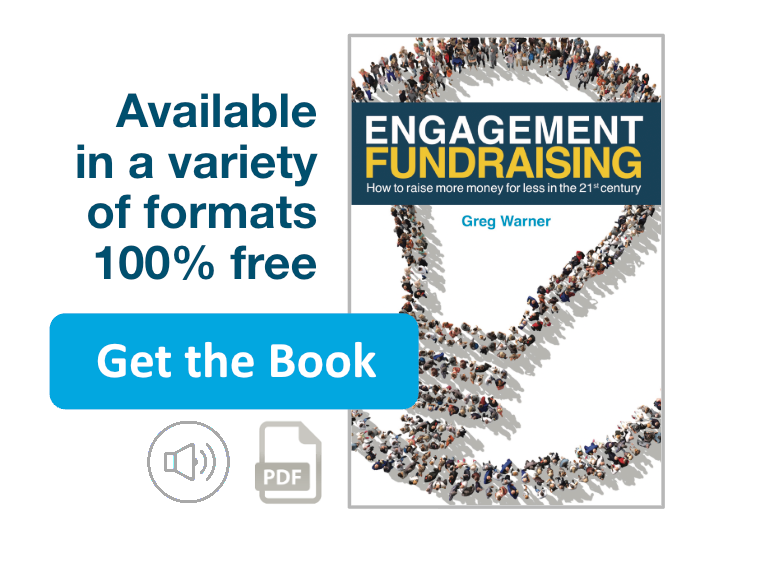“I’m interested in your story”
Beginning a donor conversation by showing interest in their story works very well because people desperately want to be heard.
This curiosity-based question shows that you are interested in them. As a result, you’ll trigger a reciprocal response. They’ll be more likely to show interest in you and your cause.
More importantly, every major donor journey begins with a reconnection to the supporter’s life story. Research shows that philanthropic decisions get made because people want to be the heroes in their own lives. And every hero story begins with an origin story.
Therefore, helping a supporter reconnect with their origin story starts a conversation off on the right foot. Otherwise, you might leave them feeling like you’re fast-forwarding their movie and skipping essential episodes that are foundational to their reasons for giving.
Just say:
“I’m interested in your story, would you mind sharing it please?”
Or, try this: “I was curious why you first became involved with our cause?”
Just make sure you really want to hear what they have to say. Donors can tell when fundraisers are just going through the motions so they can get to the ‘ask’ and nothing is more off-putting.
If you are authentic and genuinely interested, you’ll surely get the donor talking. Then you’ll learn how their personal story plays a major role in their motivation to give.
Consequently, by initiating the conversation in this way, you’ll gain trust and set the stage (politely and respectfully) for a chance to talk about giving later.
2. “I need your help or advice”
This question is a little more bold. You’re coming out of the gate already needing something. But it’s not money. It’s advice. You have a problem, a challenge, a complicated situation, and you want input from them.
For donors who like to solve problems and be recognized for it (especially entrepreneurs), this is a great way to begin the conversation. They like it because solving problems is how they feel important. It gives them a feeling of victory.
However, when you use this approach, be sure not to use trickery. You MUST genuinely be interested in what they have to say. You need a situation to present to them where you really do want to hear their advice.
So, don’t make the situation about how much money they should give, as in, “I need your advice – would you rather give a matching grant or an anonymous gift?” No!
Instead, ask for advice when you genuinely want them to be part of a solution and you’re interested in figuring out how to do it together.
3. “I can help or advise you”
This one is similar to the previous conversation starter. But here, you’re actually offering them something, not asking.
Most major donor prospects (consciously or subconsciously) want a guiding sage to lead them to a place they want to go, but aren’t sure how to get there. They want to find meaning in their lives through giving but need help from an expert counselor, like you!
This might seem strange to you at first because you’re immersed in the idea of giving every day. You know how to connect the dots. You help people day in and day out.
But your major donor prospects don’t.
They’re busy running their businesses or lives. They’ve spent so much time accumulating wealth that they haven’t spent much time figuring out how to give it away. That’s why they need you. You’re the expert. Their counselor. Their Sage.
In fact, a Sage is one of 12 character archetypes from literature. Read this article to see how these can be adapted into 12 donor archetypes.
As a fundraiser, you naturally fill the role of the Sage in your relationship with the donor. You have the experience and expertise they need.
Beginning a conversation in this way positions you as their problem-solving guide and partner. With your support, they won’t have to do this alone. They can collaborate with you.
So, try out these 3 conversation starters and let me know how they work.
Related Resources:
- The 12 Donor Archetypes – How to Tap into Donor Identities and Generate Bigger Gifts
- How to help your donors score a victory and make an impact
- 10 Follow-Up Questions You’ll Need to Deepen Your Conversation with Major Donors (and One to Avoid)
- How to Land Meetings webinar




